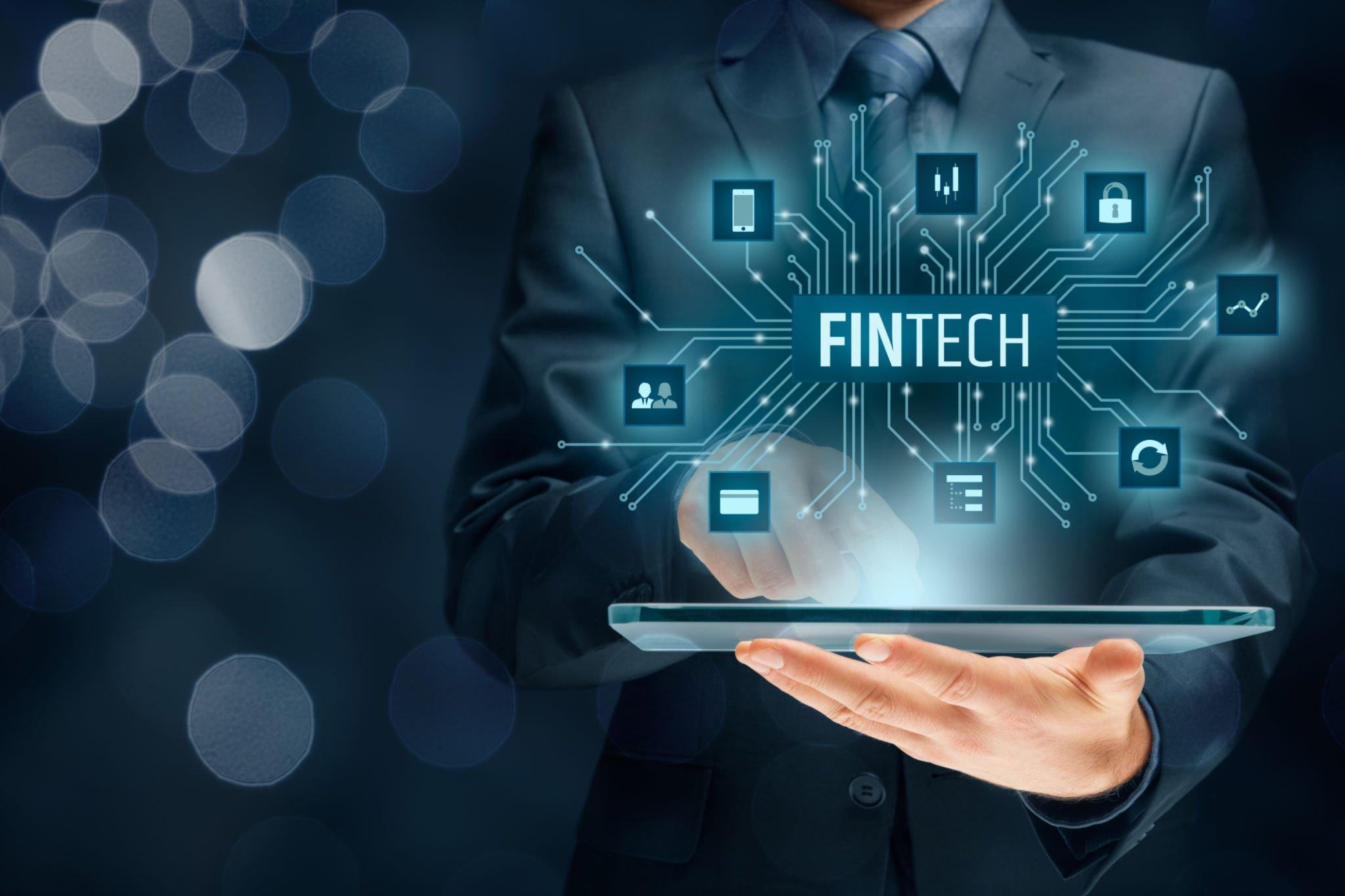The fintech sector has emerged as a transformative force within the financial industry, revolutionizing traditional banking and financial services through the integration of technology and innovation. As we look towards the horizon, several key trends and developments are shaping the perceptions of the fintech sector.
Get to know about the evolving landscape of fintech on the Tech Consultancy Management Partners (TCMP) website. Readers get to examine the opportunities and challenges that lie ahead – it is a peep into the future horizon.

Artificial Intelligence and Machine Learning
Artificial intelligence (AI) and machine learning (ML) have already made significant inroads in fintech, but their potential is far from exhausted. In the coming years, AI and ML will continue to redefine the sector, powering advanced data analytics, fraud detection, risk assessment, and personalized customer experiences. By leveraging vast amounts of data, fintech companies can make more accurate predictions, automate processes, and enhance decision-making capabilities.
Blockchain and Distributed Ledger Technology
Blockchain technology, popularized by cryptocurrencies like Bitcoin, has the potential to transform various aspects of financial services. The decentralized nature of blockchain and distributed ledger technology (DLT) can streamline transactions, enhance security, reduce costs, and increase transparency. We can expect continued adoption of blockchain in areas such as cross-border payments, trade finance, and identity verification, enabling faster, more secure, and more efficient transactions.
Open Banking and API Integration
Open banking initiatives are gaining momentum worldwide, promoting collaboration and data-sharing between financial institutions and fintech firms. By leveraging application programming interfaces (APIs), fintech companies can access customer data securely, enabling them to offer personalized and innovative products and services. Open banking also fosters competition, driving product innovation and providing consumers with greater control over their financial data.

Digital Wallets and Payments
The shift towards digital payments and the rise of mobile wallets have already disrupted traditional payment systems. Fintech companies are continually improving user experience, security, and convenience in digital payment solutions. As mobile adoption and internet connectivity continue to expand globally, we can anticipate a further surge in digital wallets, contactless payments, and peer-to-peer transactions, challenging the dominance of cash and traditional banking methods.
Read also: Unsecured Signature Loans If you have Bad Credit rating
Challenges and Considerations
1. Regulatory Frameworks
As fintech continues to disrupt traditional financial services, regulatory frameworks need to keep pace. Striking a balance between innovation and consumer protection is crucial. Governments and regulatory bodies must create flexible and adaptive regulations that encourage fintech innovation while safeguarding against risks such as data privacy, cybersecurity, and financial crime.
2. Cybersecurity and Data Privacy
The increasing reliance on technology and data in fintech amplifies the importance of robust cybersecurity measures and data privacy protections. Fintech companies must invest in advanced security protocols, encryption techniques, and stringent data governance frameworks to mitigate the risks of cyberattacks and maintain customer trust.

3. Ethical Considerations
With the power to shape financial experiences and influence decision-making, fintech companies must prioritize ethical considerations. They need to address issues related to bias in algorithms, transparency in decision-making processes, and responsible use of customer data. By upholding ethical standards, the sector can build trust, foster long-term customer relationships, and promote sustainable growth.
Wrap-up
The fintech sector is poised for continued growth and disruption as it ventures into the future horizon. By leveraging technologies and addressing challenges the fintech sector can shape a more inclusive, efficient, and customer-centric financial ecosystem.


